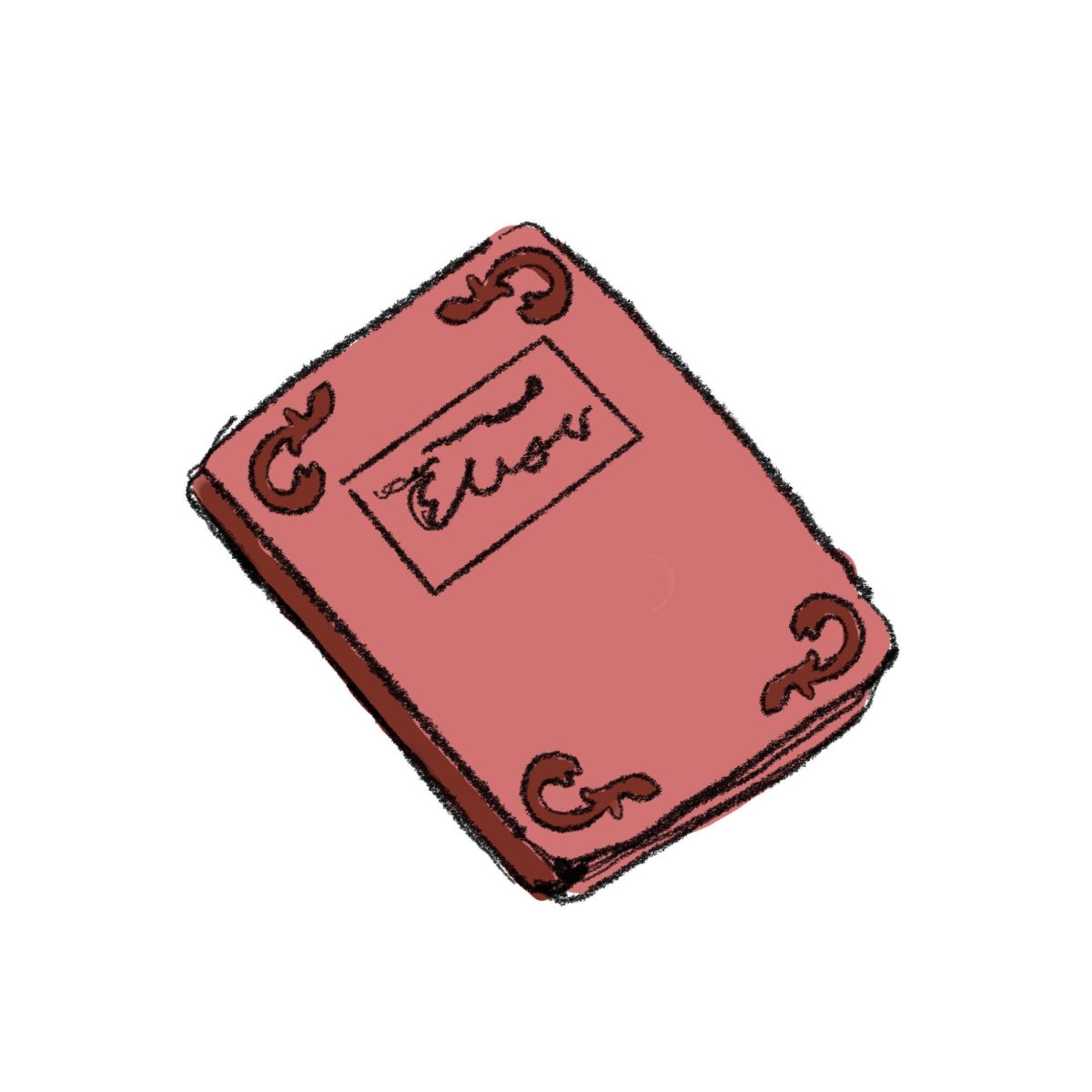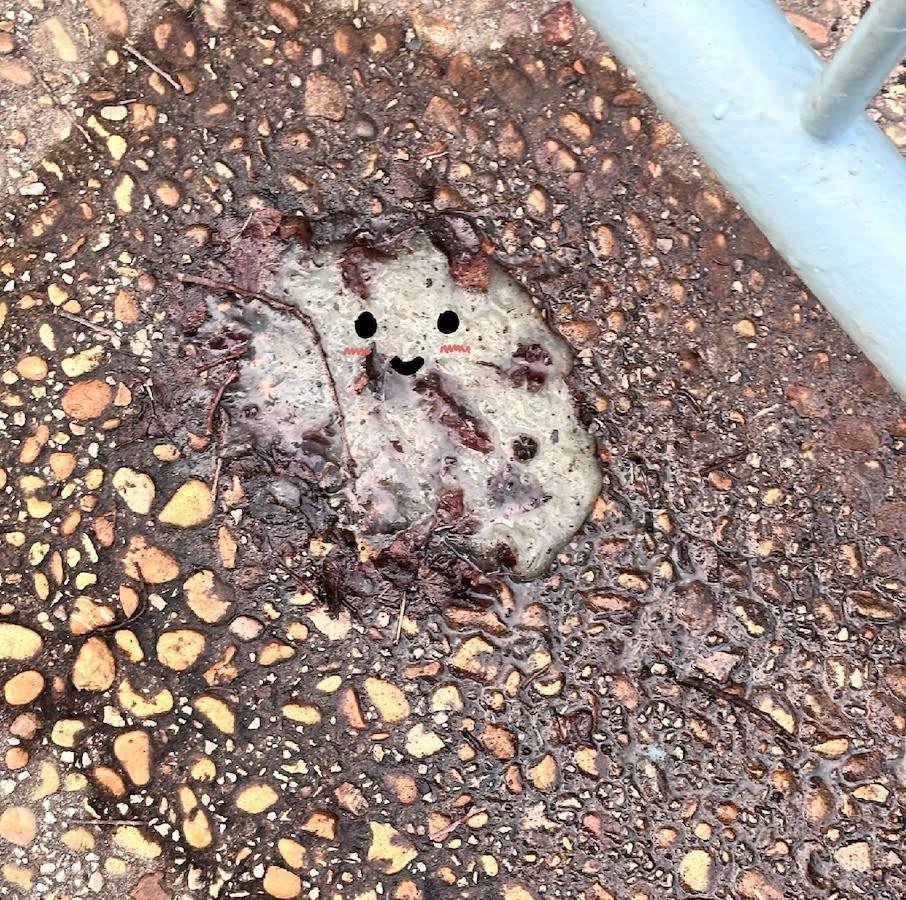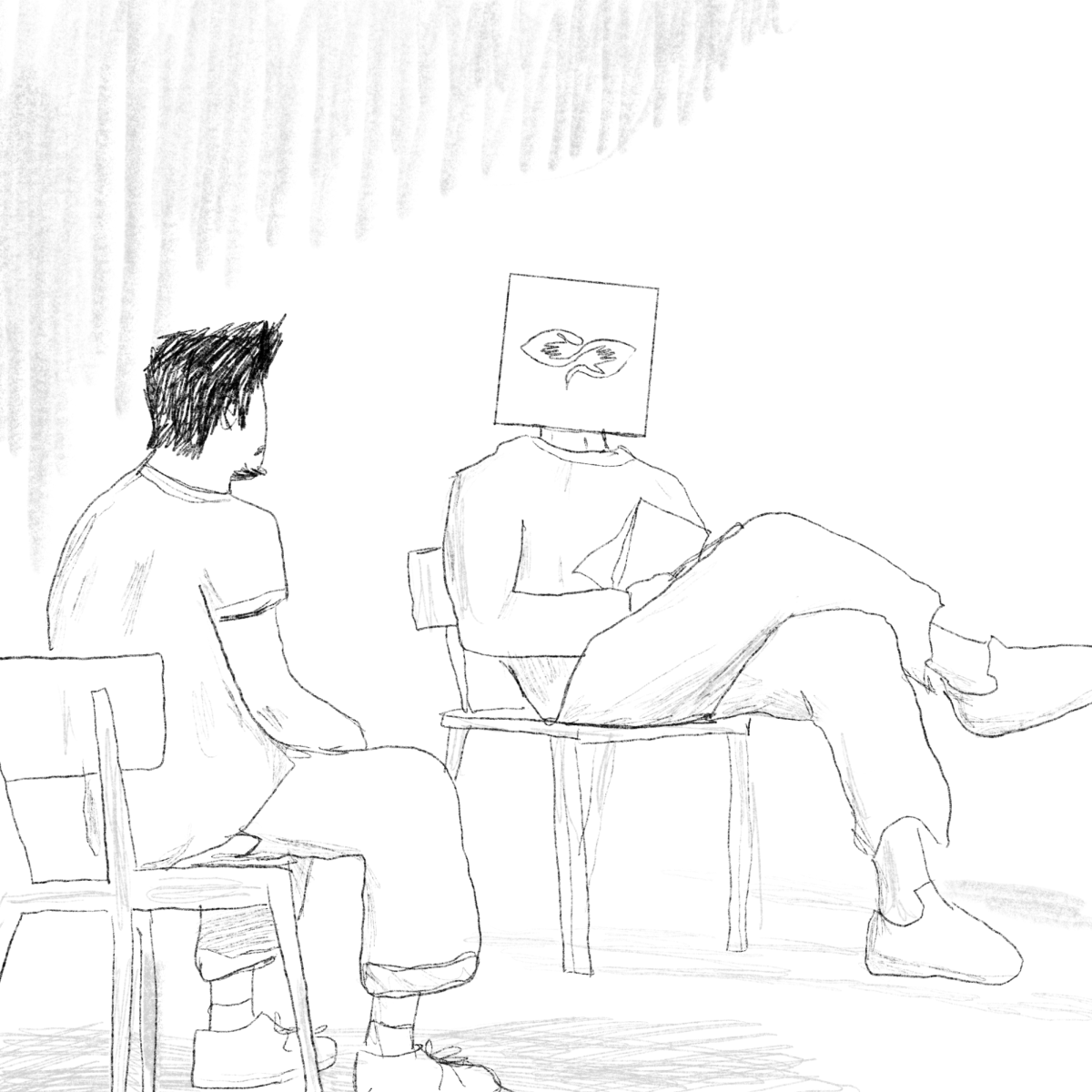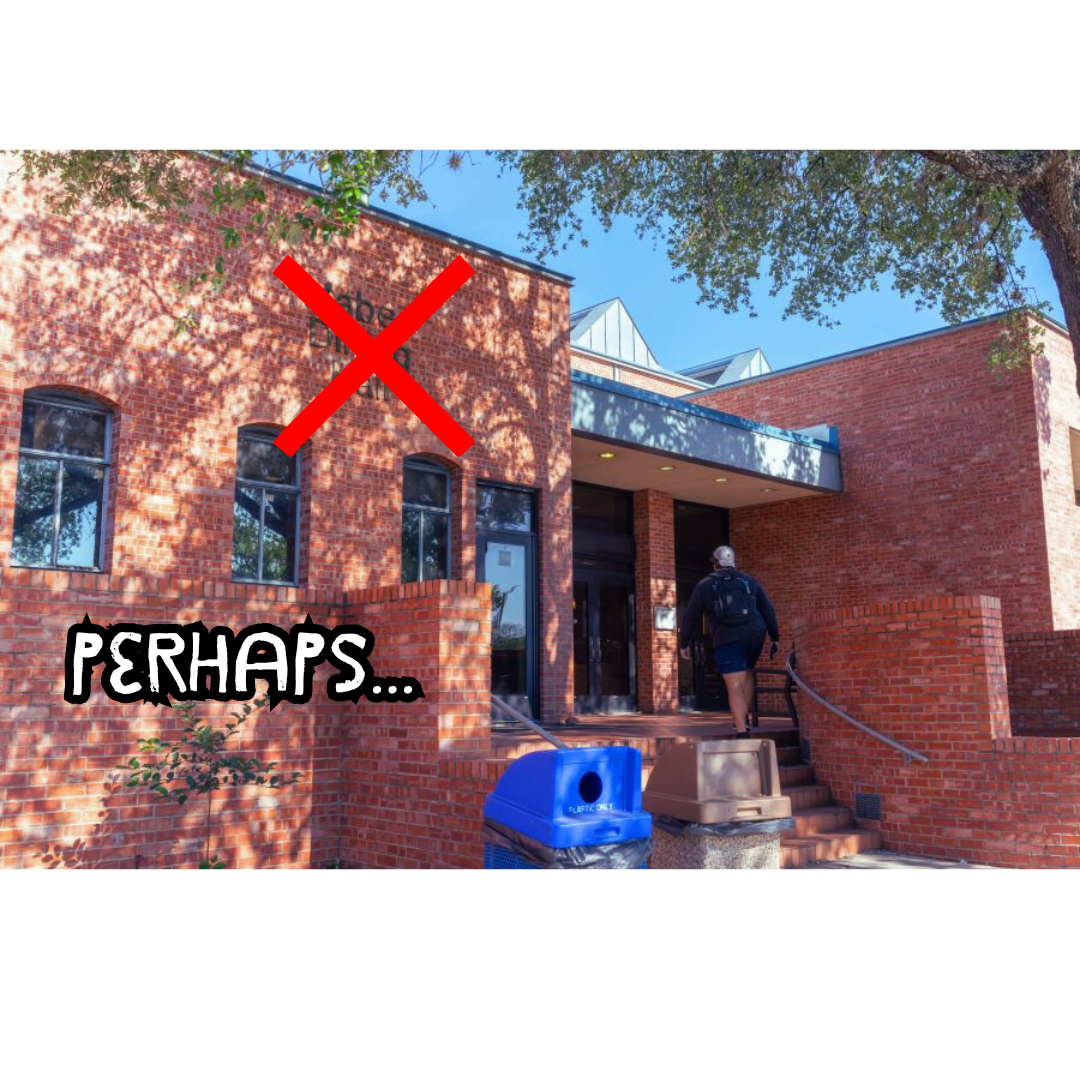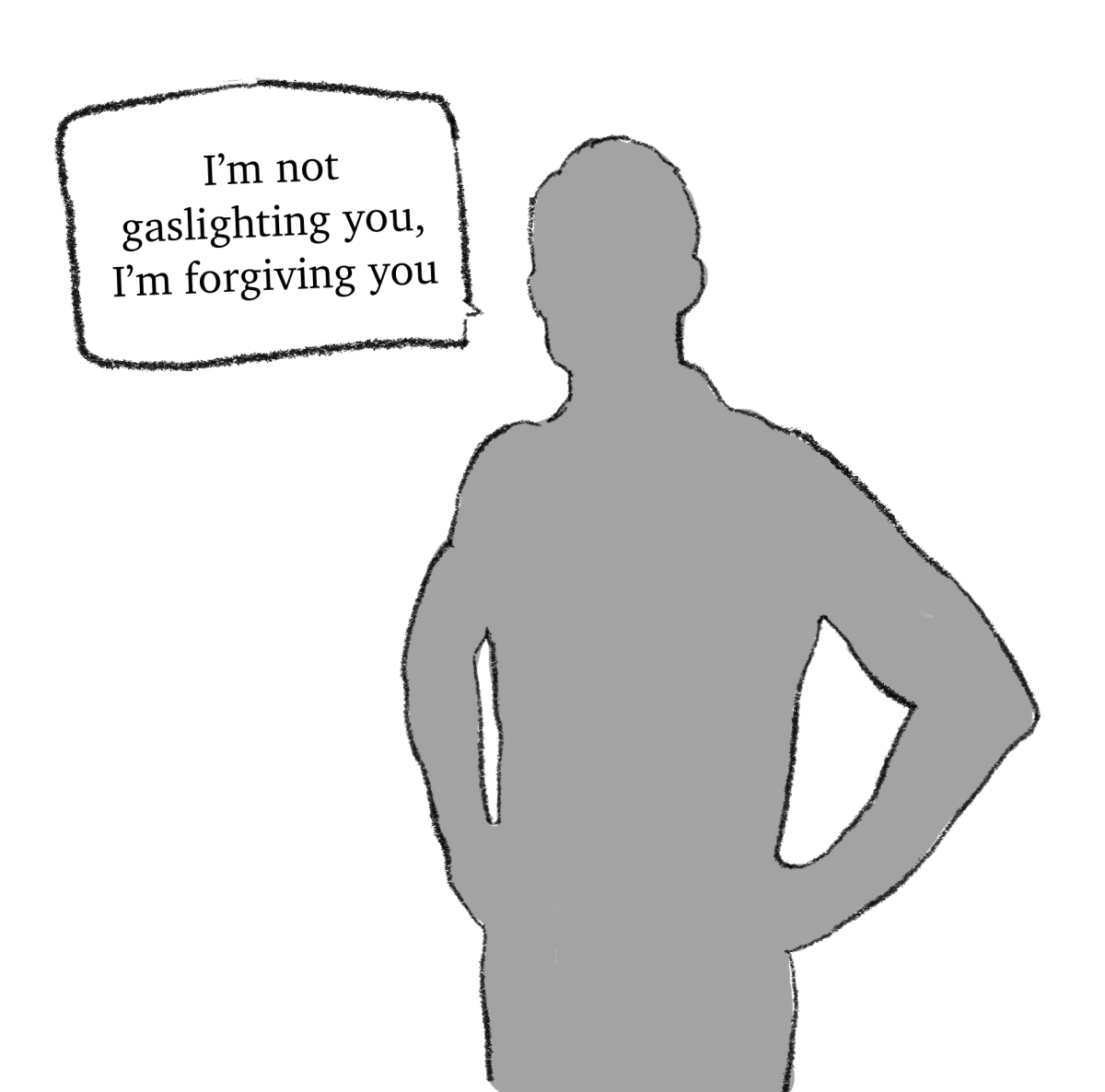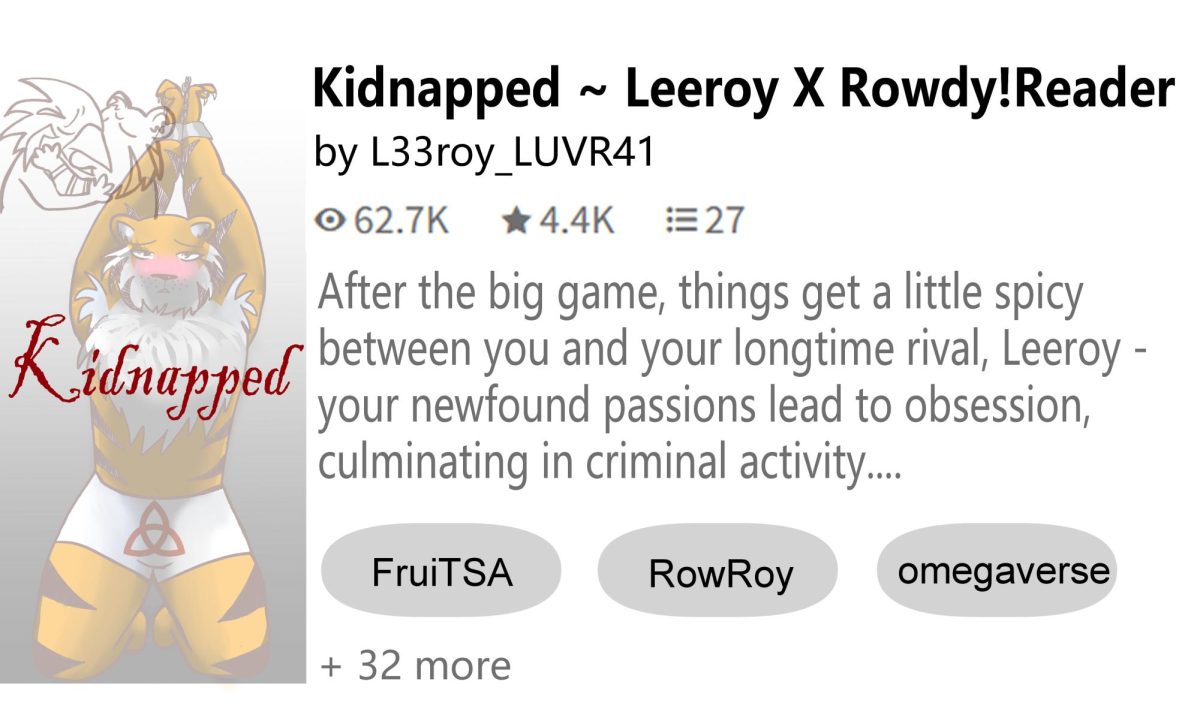Trinity University’s Model United Nations program gets the opportunity to travel to Columbia University Oct. 4-7 to participate in a fairly unconventional conference; each representative will not only represent a country but will also represent a particular person during a given historical conflict. For example, one representative will work with students from other universities to attempt to find a resolution to the Papal Schism of 1414, another will take on the role of a diplomat involved in the 2018 United Russia presidential elections and another will deal with The Committee, which was the name given to the infamous Mafia meeting in 1931 in Chicago.
This unconventional approach to Model United Nations will challenge students to think in ways different than they are traditionally asked to in MUN Conferences. Nanette Le Coat, interim director of international programs and this year’s faculty advisor to Model United Nations, found the conference after talking with Robert Huesca, the program’s previous faculty advisor.
“After talking with Dr. Huesca, we decided that in order to better prepare for the Harvard conference second semester, it might be a good idea to look into programs for first semester that run closer to the same protocol as the Harvard conference, which is the big annual and international conference. This one came up through my research and looked interesting, and the fact that it was at Columbia University and in New York didn’t hurt either,” Le Coat said.
“Traditionally, MUN conferences are designed like the actual United Nations, with all of its legal structures, and the Columbia event is different because we’re being asked to focus on events more than just the countries,” said Joe Moore, senior history and finance double major.
This is Moore’s second year participating in MUN at Trinity, and he believes that this year the chances of Trinity’s MUN team succeeding are higher, partially because the Columbia conference will help prepare new students and partially because there are more returning students than before: out of the nine students in the class, only three are new.
“Last year at Harvard, at the major annual international conference, we didn’t win anything too big, although we did co-sign on a couple of things, which was good. First semester last year we attended the Model Organization of American States conference, which is a subset, as our sort of trial run for the newbies. We’ll probably do better this year in both events because we have more students who are returning to MUN than we did last year,” Moore said.
Sophomore business, political science, and Spanish major Lou Lou Durant, also a returning student to MUN, suggests that a major difference between this and other more conventional conferences is the process in which students will prepare for this conference.
“This semester’s MUN conference focuses on individual role playing. Each student will represent an individual from a specific time period, either past, present or future, and deliberate within a committee to solve crises. Some of the committees include the Qing Dynasty Imperial Court, Aftermath of Red Cliff, G-20 Summit 2012 and United Russia 2018. Columbia’s MUN conference will differ from conferences we have participated in in the past because we won’t work as a team representing a single country and instead will research our own roles and crisis situations,” Durant said.
Participating students are still required to follow parliamentary procedure and write position papers; however, there will be a greater emphasis on individual preparation and adopting specific roles than on the usual team-oriented preparation. Model United Nations is very much a student-run program, and Le Coat observes that one of the most important aspects of her role as advisor is to make sure the class becomes a cohesive group.
“Frankly, my concern is more melding the class together than teaching them, as many already have a lot of experience with parliamentary procedure and other work that goes into preparing for conferences. Many of the students in the program are very assertive and have strong personalities, so I hope to help the class bond together. I think that the New York conference will also be useful in helping the students get closer,” Le Coat said.


